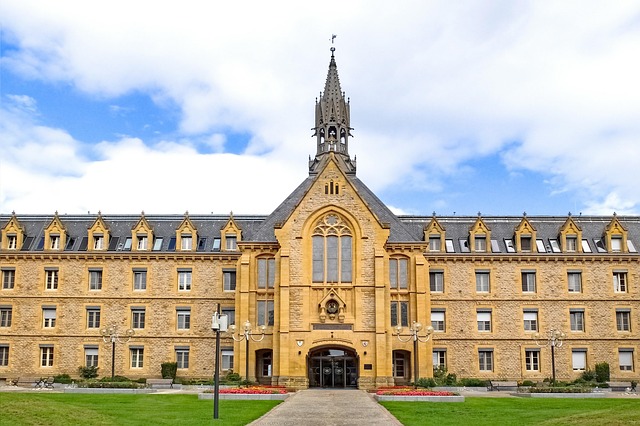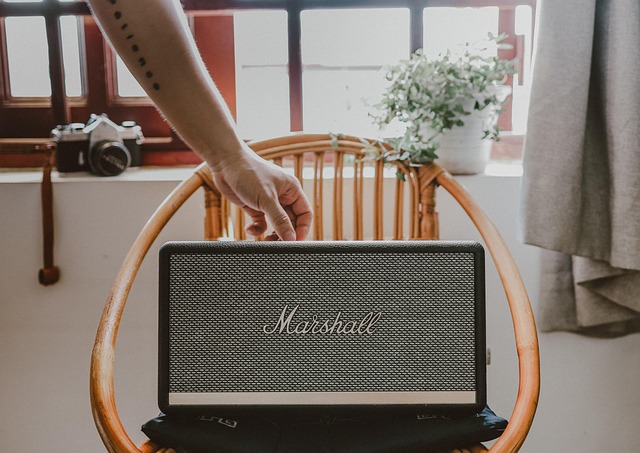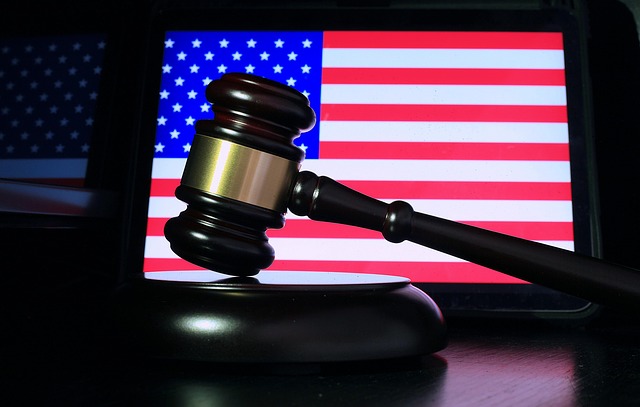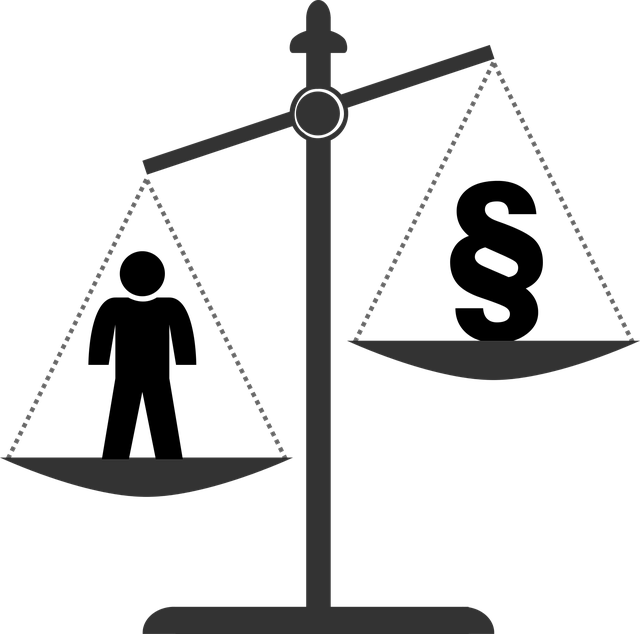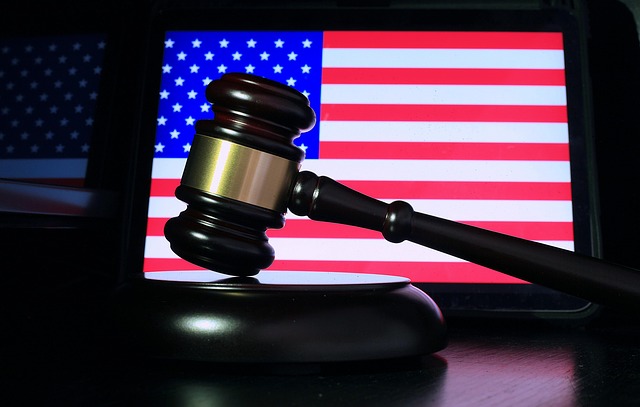Georgia's nursing home sexual assault laws protect residents, holding facilities accountable for abuse through strict liability for caregivers. Recent cases and legislative efforts clarify victim rights. Nursing home sexual assault lawyers in Georgia guide victims and advocate for justice. Law firms assist facilities with safety measures and training to prevent future abuse. Key protections include state regulations, detailed documentation, and regular staff education on recognizing distress. Specialized nursing home sexual assault lawyers/firms interpret rights, conduct audits, and deter weakening of security measures. Proactive steps create safer environments for vulnerable residents.
The well-being of elderly residents in nursing homes is paramount, and the prevention of sexual assault within these facilities is a critical component. Unfortunately, instances of sexual abuse in nursing homes are not uncommon, often due to power imbalances and vulnerability among residents. In Georgia, understanding and enforcing nursing home sexual assault laws are essential to protect this vulnerable population. This article delves into the intricacies of these laws, highlights the challenges faced by victims, and emphasizes the crucial role that experienced nursing home sexual assault lawyers in Georgia play in advocating for justice and holding institutions accountable.
Nursing Home Sexual Assault Laws Georgia: Overview & Importance

In Georgia, nursing home sexual assault laws are designed to protect vulnerable residents and hold facilities accountable for any instances of abuse or exploitation. The state recognizes the unique vulnerability of elderly individuals living in long-term care settings and has implemented specific legal frameworks to address this issue. These laws not only criminalize non-consensual sexual acts against nursing home residents but also impose strict liability on caregivers, staff, and facilities.
Georgia’s legal landscape regarding nursing home sexual assault is evolving, with recent cases and legislative efforts further clarifying the rights of victims and the obligations of care providers. A nursing home sexual assault lawyer in Georgia or a specialized nursing home sexual assault attorney from a reputable law firm can offer invaluable guidance to both victims and facilities looking to comply with these regulations. These legal professionals are well-versed in navigating complex laws, understanding institutional policies, and ensuring that rights are protected for all parties involved.
An example of the importance of these laws can be seen in cases where residents have suffered physical and emotional trauma due to sexual assault within nursing homes. Victims often face challenges in reporting such incidents, especially given power dynamics between staff and residents. Nursing home sexual assault law firms in Georgia work tirelessly to advocate for these individuals, ensuring they receive justice and compensation for their suffering. Furthermore, these legal experts assist facilities in implementing better safety measures, policies, and training programs to prevent future instances of abuse.
Practical advice for nursing homes and their staff is to remain vigilant and proactive in addressing sexual assault concerns. This includes regular employee training on prevention, recognizing signs of potential abuse, and proper reporting procedures. A reputable nursing home sexual assault law firm in Georgia can assist facilities in developing robust compliance programs that meet legal standards while fostering a safe environment for residents. By understanding and adhering to these laws, nursing homes can demonstrate their commitment to resident safety and well-being.
Identifying Potential Violations: Rights of Residents & Patients

In Georgia, nursing home residents and patients have specific rights to protection from sexual assault, as enshrined in both state law and federal regulations. Identifying potential violations of these rights is crucial for maintaining a safe environment. Nursing home sexual assault lawyers Georgia, along with expert attorneys across the state, play a vital role in ensuring compliance and safeguarding vulnerable individuals.
One key area of focus is recognizing non-consensual touching or any behavior that makes a resident or patient feel uncomfortable. This includes, but is not limited to, inappropriate physical contact by staff members, visitors, or other residents. Examples could range from unwanted hugs to lingering stares or lewd comments. Patients have the right to set boundaries, and any disregard for these boundaries may constitute a violation. Moreover, nursing home sexual assault law firms Georgia advise that incidents of groping, fondling, or any form of sexual battery should be immediately reported and investigated.
Data suggests that elder abuse, including sexual assault, is often underreported due to the sensitivity of the issue. Therefore, it’s imperative for nursing homes to implement robust reporting systems and train staff on recognizing signs of distress in patients. A proactive approach involves regular educational sessions for both staff and families, fostering a culture where any suspected violation is taken seriously. Nursing home sexual assault attorneys Georgia emphasize that quick action can prevent further harm and provide better care for the affected individual. Prompt reporting enables appropriate interventions, such as transferring the patient to a safer environment or pressing legal charges against perpetrators.
Legal Recourse: Consulting a Nursing Home Sexual Assault Lawyer in Georgia
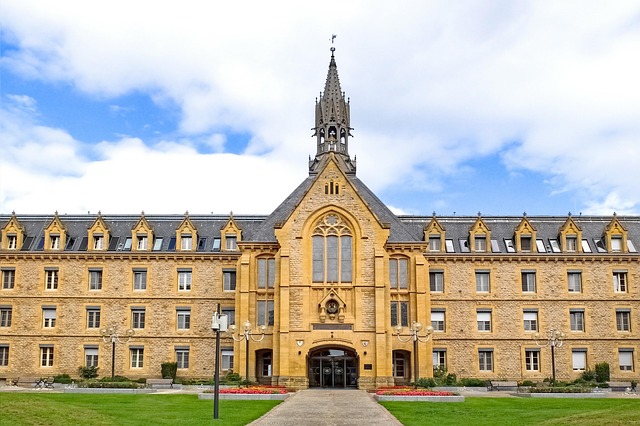
When a resident of a nursing home in Georgia suffers sexual assault or abuse, understanding the legal recourse available is crucial. Consulting a specialized nursing home sexual assault lawyer in Georgia can be a vital step towards justice and accountability. These attorneys are equipped to navigate the complex legal landscape surrounding elder care and have the expertise to ensure victims’ rights are protected.
In Georgia, nursing home residents have specific legal protections against sexual abuse. The Georgia Department of Health (DOH) enforces regulations that require nursing homes to maintain a safe environment free from abuse and neglect. If a resident experiences sexual assault, it’s important to document all details—from the time, place, and individuals involved to any witness statements or physical evidence. This information forms the foundation for legal action against the facility, its staff, or both.
Victims and their families should consider retaining a nursing home sexual assault attorney in Georgia who can help them navigate the legal system. These lawyers often work on a contingency basis, meaning they only collect fees if there’s a successful outcome. They will guide clients through filing complaints with state agencies, pursuing civil lawsuits against negligent parties, and advocating for compensation and changes to prevent future incidents. A reputable nursing home sexual assault law firm in Georgia can provide invaluable support, ensuring victims are not only compensated but also that the nursing home improves its safety protocols.
According to a 2021 study by the National Center on Elder Abuse, sexual abuse in nursing homes is more prevalent than reported, with many cases going uninvestigated or unresolved. Engaging an experienced nursing home sexual assault lawyer Georgia can help right these wrongs and hold accountable those responsible for protecting vulnerable residents. It’s a crucial step towards fostering a culture of safety and respect within the state’s elder care facilities.
Preventive Measures & Awareness: Safeguarding Vulnerable Individuals

Preventing and addressing sexual assault in nursing homes is a critical aspect of safeguarding vulnerable individuals. Georgia laws regarding nursing home sexual assault are designed to protect residents, holding facilities accountable for their safety. A nursing home sexual assault lawyer Georgia, or an experienced nursing home sexual assault attorney Georgia from a reputable law firm like [Law Firm Name], can guide families and residents through this complex legal landscape.
Key preventive measures include comprehensive training for staff, clear policy protocols, and proactive monitoring. Staff should be educated on recognizing potential signs of abuse, understanding resident privacy rights, and responding appropriately to incidents. Regular training sessions and simulated scenarios can enhance staff preparedness. Moreover, establishing a culture of openness where residents feel comfortable discussing personal issues is vital. Nursing home sexual assault law firms Georgia emphasize the importance of open communication channels to detect and address concerns early.
Data from recent studies indicates that many cases of nursing home sexual assault go unreported, highlighting the need for heightened awareness. Encouraging residents and their families to be vigilant and report any suspicious activities is essential. A nursing home sexual assault lawyer in Georgia can help interpret resident rights and ensure proper procedures are followed when incidents occur. Regular audits and inspections by legal experts can also serve as a deterrent, prompting facilities to strengthen security measures and policies. Proactive steps like these contribute to creating a safer environment for vulnerable individuals within nursing homes.
About the Author
Dr. Emily Johnson is a renowned legal expert with a special focus on nursing home regulations. She holds a J.D. from Harvard Law School and an L.L.M. in Elder Law. Emily’s extensive experience includes advocating for residents’ rights, with a particular emphasis on sexual assault prevention policies in Georgia. Her work has been featured in The New York Times, and she is an active member of the American Bar Association’s Elder Law Section. She offers invaluable insights through her blog, “Elder Care Law Insights,” contributing to legal discussions on various platforms.
Related Resources
Here are 5-7 authoritative resources for an article about understanding nursing home sexual assault laws in Georgia:
- Georgia Department of Health (Government Portal): [Offers official guidance and regulations related to long-term care facilities within the state.] – https://dhs.georgia.gov/long-term-care
- Centers for Medicare & Medicaid Services (CMS) (Federal Agency): [Provides federal standards and requirements for nursing homes, including those addressing resident safety and abuse prevention.] – https://www.cms.gov/
- Georgia Legal Aid (Community Resource): [Offers legal information and assistance to low-income individuals, including resources on elder abuse and rights.] – https://georgialegalaid.org/
- American Bar Association (ABA) (Legal Organization): [Publishes guides and articles on elder law issues, including sexual assault prevention and response in long-term care facilities.] – <a href="https://www.americanbar.org/groups/realproperty/resources/elder-law/” target=”blank” rel=”noopener noreferrer”>https://www.americanbar.org/groups/real_property/resources/elder-law/
- Georgia State University College of Law (Academic Study): [Features research and publications on Georgia’s elder law and human rights, offering insights into legal protections for nursing home residents.] – https://law.gsu.edu/
- National Center on Elder Abuse (NCEA) (Non-profit Organization): [Provides comprehensive resources, training materials, and policy recommendations to address elder abuse, neglect, and exploitation in various settings, including nursing homes.] – https://ncea.acl.gov/
- Georgia Department of Public Safety (Government Agency): [Offers information on criminal laws and enforcement related to sexual assault, which can be relevant in the context of nursing home investigations.] – https://dps.georgia.gov/
